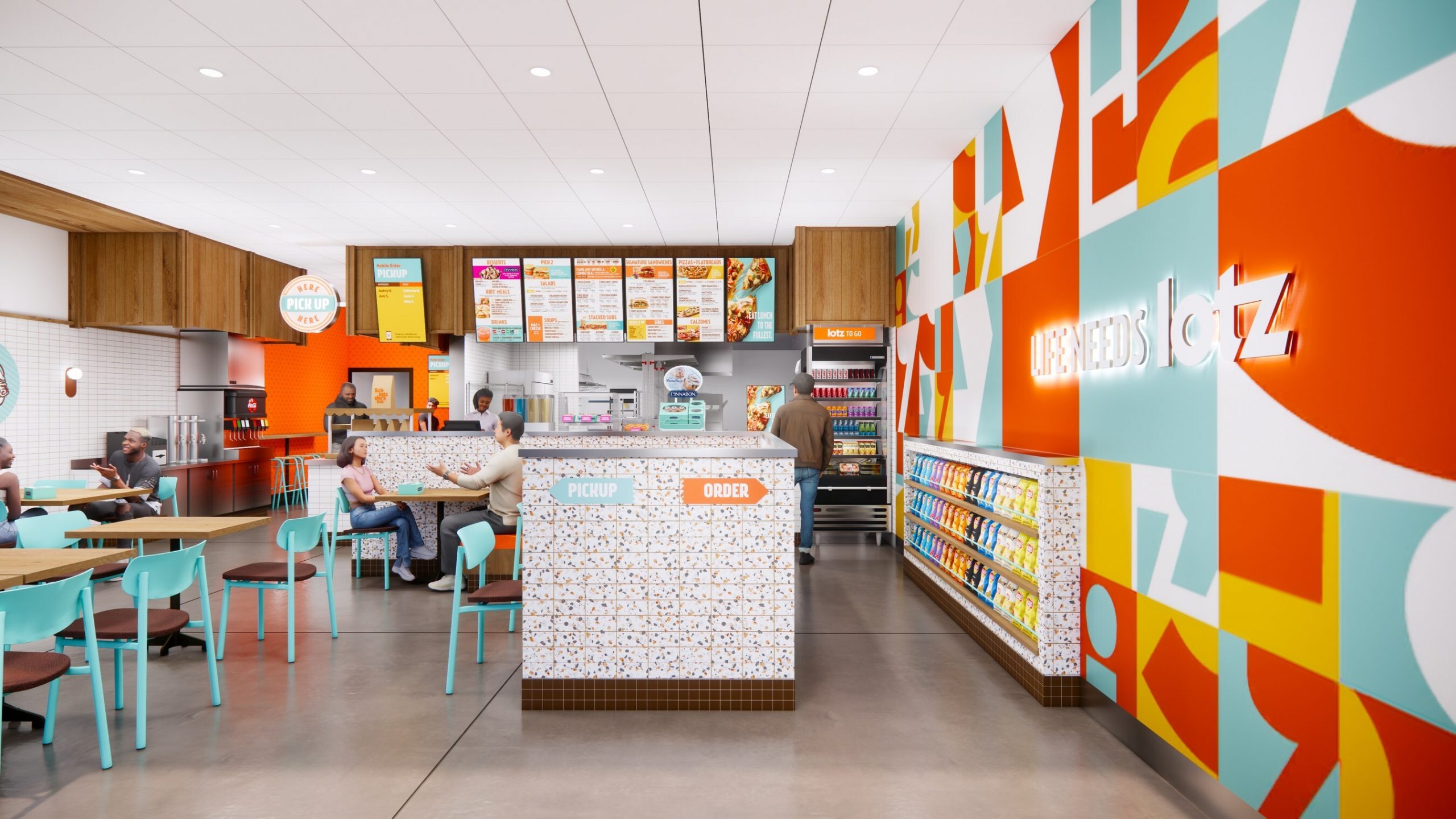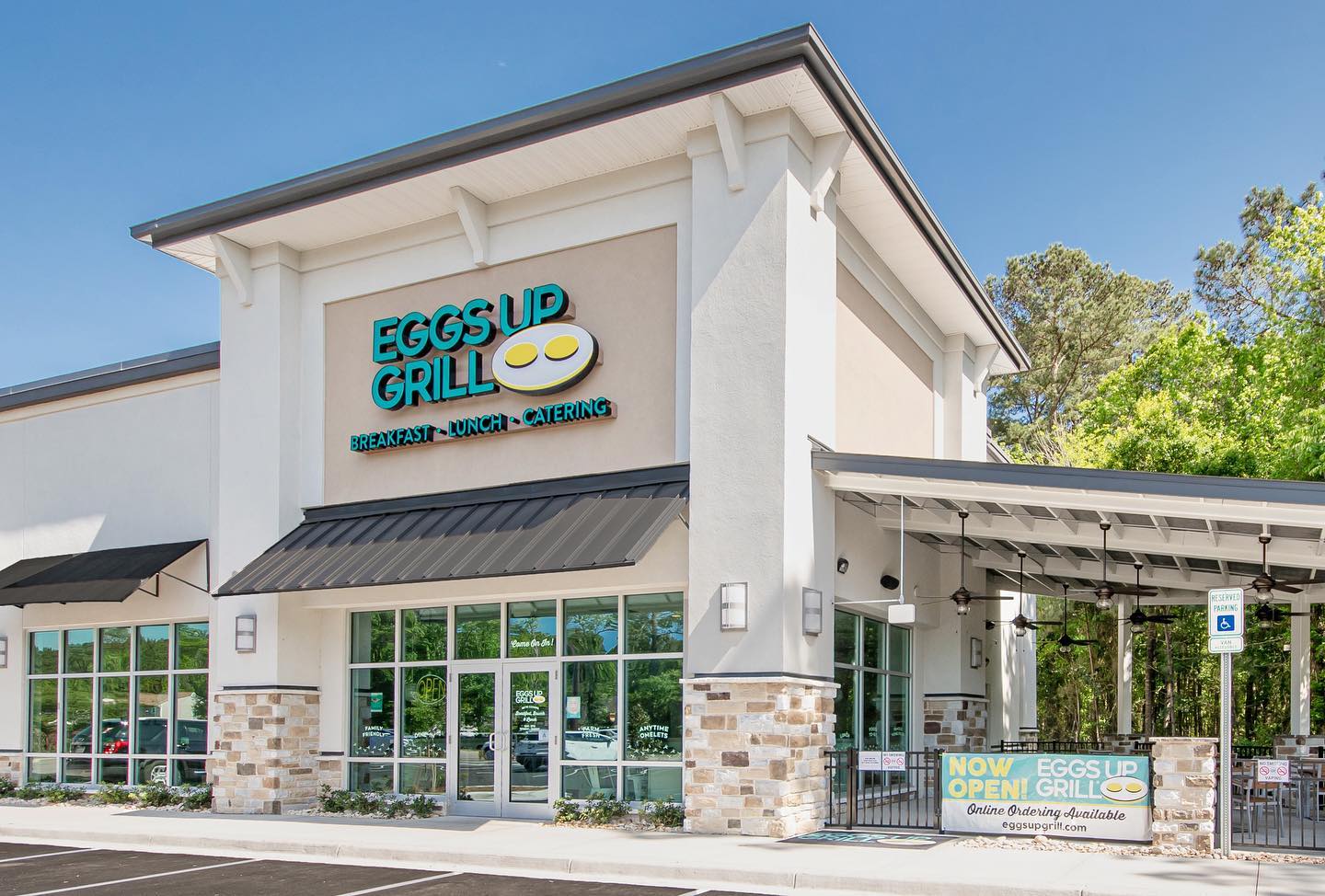By Laura Darrell, author of The Principles of Franchisee Success and the newly released Franchisee Success Series
I’ll never forget a conversation I had with a franchisee years ago over a cup of bad conference coffee. “I feel like I bought myself a boss,” he said, shaking his head. “Only difference is, this one doesn’t listen to me.”
That line stuck with me. It captures the central tension at the heart of franchising: you buy into a proven system to become your own boss — and then quickly discover there’s another layer of authority calling the shots. When the relationship works well, it’s a partnership that accelerates your growth. When it doesn’t, it feels like you’re stuck in someone else’s company with little say over decisions that affect your livelihood.
Whether you’re thinking about buying into a franchise or you’ve been operating units for years, understanding that dynamic — and learning how to influence it — is essential to your success.
The Real Source of Frustration
Ask any franchisee what frustrates them most, and you’ll hear some version of this: “They don’t listen.” Decisions flow one way — from franchisor to franchisee — and too often, they’re made without consulting the people actually running the day-to-day business.
It shows up in many forms: new technology rolled out with little notice, menu changes that don’t fit your local market, brand initiatives that raise your costs without raising your sales. Even when communication is frequent, it can feel top-down, more about compliance than collaboration.
This isn’t about franchisors being villains. Most care deeply about brand consistency and long-term growth. But they operate at a different altitude, and without the right feedback loops, they can lose sight of what’s happening at ground level. That’s where you come in.
What to Look for Before You Sign
If you’re considering becoming a franchisee, you have more power than you might think to shape the kind of relationship you’re stepping into. Beyond the financial disclosures and unit economics, pay attention to the relational dynamics in the system.
Here’s what to look for:
- A culture of listening. Does the franchisor have advisory councils, regional roundtables, or structured ways to gather franchisee input — and do they act on it?
- Transparency in decision-making. When changes happen, do they explain the “why,” the expected impact, and how they’ll support you through the transition?
- Strong support systems. Look beyond initial training. What ongoing help is provided in marketing, operations, technology, and staffing — and do current franchisees find it valuable?
- A focus on unit-level profitability. Ask current operators how often the franchisor talks about their margins, not just top-line sales. A franchisor who prioritizes your profitability is investing in your success.
- Healthy franchisee–franchisor relationships. Talk to several franchisees directly. Do they feel respected and heard, or dismissed and frustrated? Their answers are among the best indicators of what your experience will be like.
Choosing the right franchisor isn’t just about finding a strong brand — it’s about finding a partner whose values and operating style align with yours.
If You’re Already in the System: How to Strengthen the Relationship
Once you’re part of a franchise system, you’re not powerless. In fact, some of the most successful franchisees I’ve worked with are those who learn how to lead from where they are. They don’t wait for the franchisor to change — they influence the relationship from their side. Here’s how:
- Engage Proactively
Show up. Join advisory councils. Attend meetings. Participate in pilot programs. Silence is often interpreted as agreement, so if you have concerns or insights, voice them early and constructively.
- Bring Solutions, Not Just Problems
It’s easy to complain. It’s far more effective to say, “Here’s what we’re seeing on the ground, and here are two ideas that could improve outcomes.” Franchisors listen more closely when you frame feedback around shared goals.
- Collaborate With Other Franchisees
There’s power in a unified voice. Partner with fellow operators to surface common challenges and propose solutions together. It’s harder for the franchisor to dismiss patterns that are system-wide.
- Seek to Understand Their Perspective
Franchisors juggle brand consistency, legal risk, and long-term growth strategy — pressures you might not always see. The more you understand their priorities, the better you can frame your conversations in ways that resonate.
- Invest in the Relationship
Respect and trust go both ways. Run a tight operation. Communicate consistently. Recognize when the franchisor gets it right. Partnership is a two-way street, and showing up as a strong, credible business owner strengthens your influence.
Beyond Compliance: Becoming a Partner
The most resilient franchise systems — and the most profitable franchisees — understand that this isn’t just a legal relationship. It’s a partnership. Both sides bring essential expertise: the franchisor brings brand vision, systems, and strategy; you bring local market knowledge, daily operational realities, and customer insights.
When you approach the relationship from that mindset, you shift the dynamic. You stop thinking of yourself as a passive recipient of decisions and start seeing yourself as an active partner in the brand’s future.
And here’s the truth: franchisors need franchisees who think that way. They need operators who challenge ideas constructively, share what’s happening on the ground, and push the brand to evolve. Brands that welcome that collaboration are the ones that thrive over decades.
The Bottom Line
Buying into a franchise isn’t buying a job — it’s entering a partnership. And like any partnership, the quality of the relationship determines the quality of the results.
Choose wisely. Look beyond the marketing materials and ask hard questions about communication, decision-making, and support. Once you’re in, lean into the relationship with curiosity, accountability, and collaboration.
The goal isn’t to win a power struggle. It’s to build a business that grows stronger because franchisor and franchisee are pulling in the same direction.
Because at the end of the day, we didn’t become franchisees to have another boss — we did it to build something of our own. And the best way to do that is by building it together.
Laura Darrell is the author of The Principles of Franchisee Success and the newly released Franchisee Success Series. She works with franchise, hospitality, and retail brands to strengthen leadership, culture, and operational performance.















